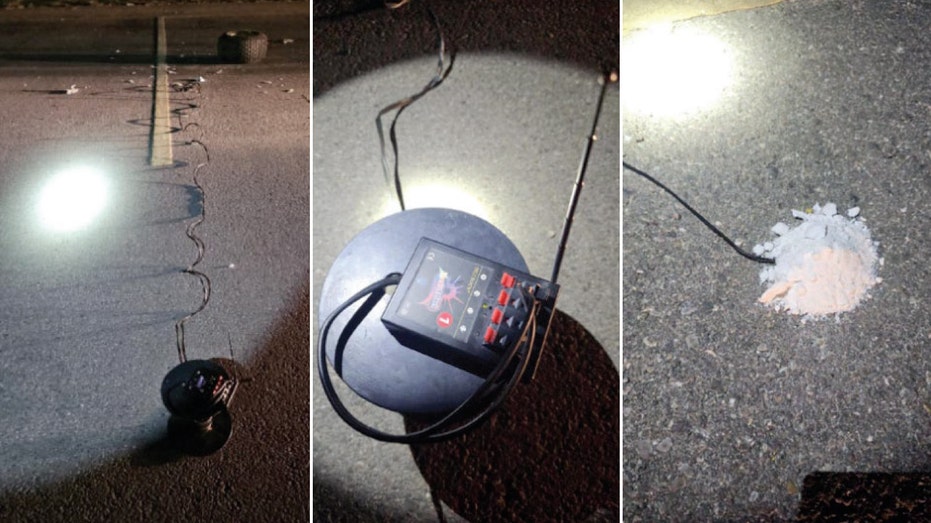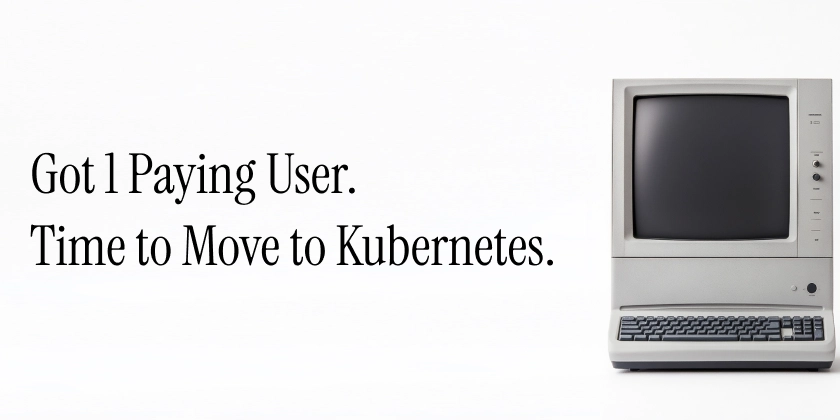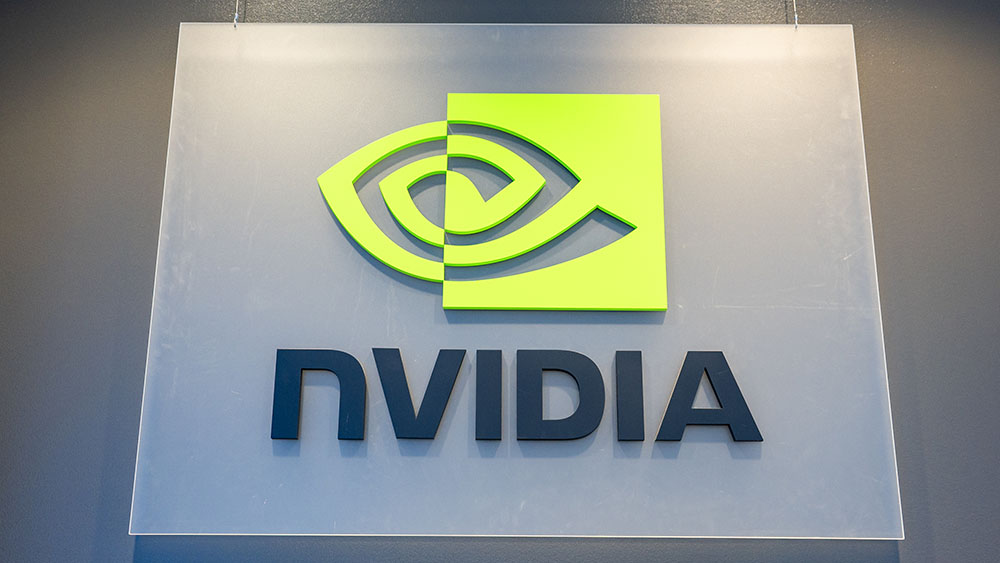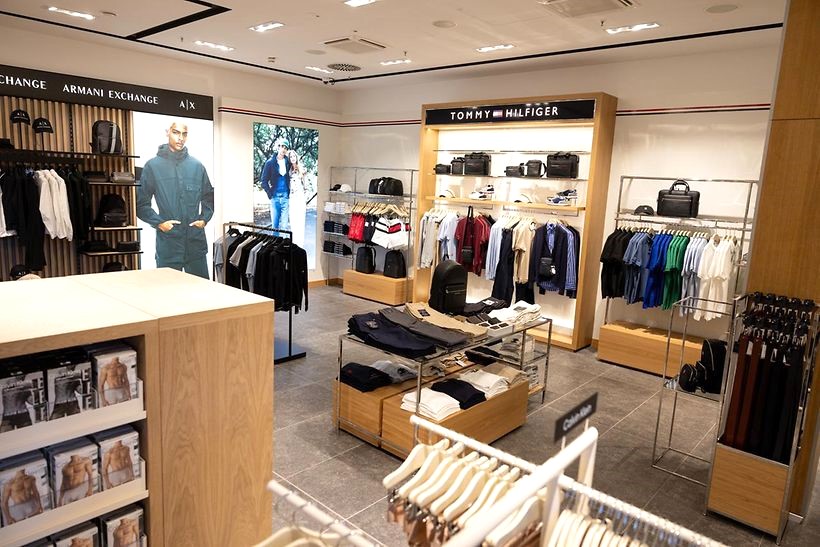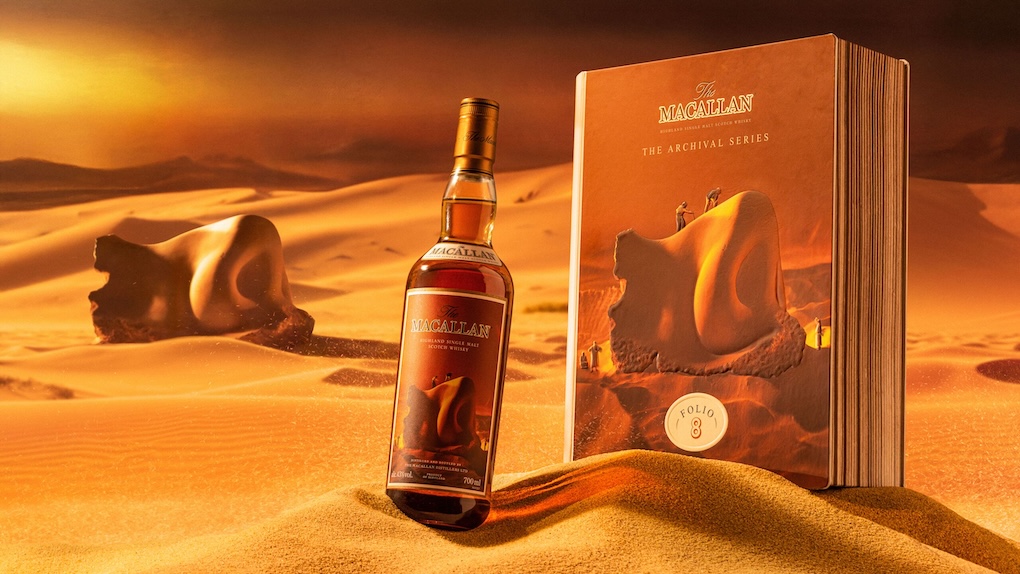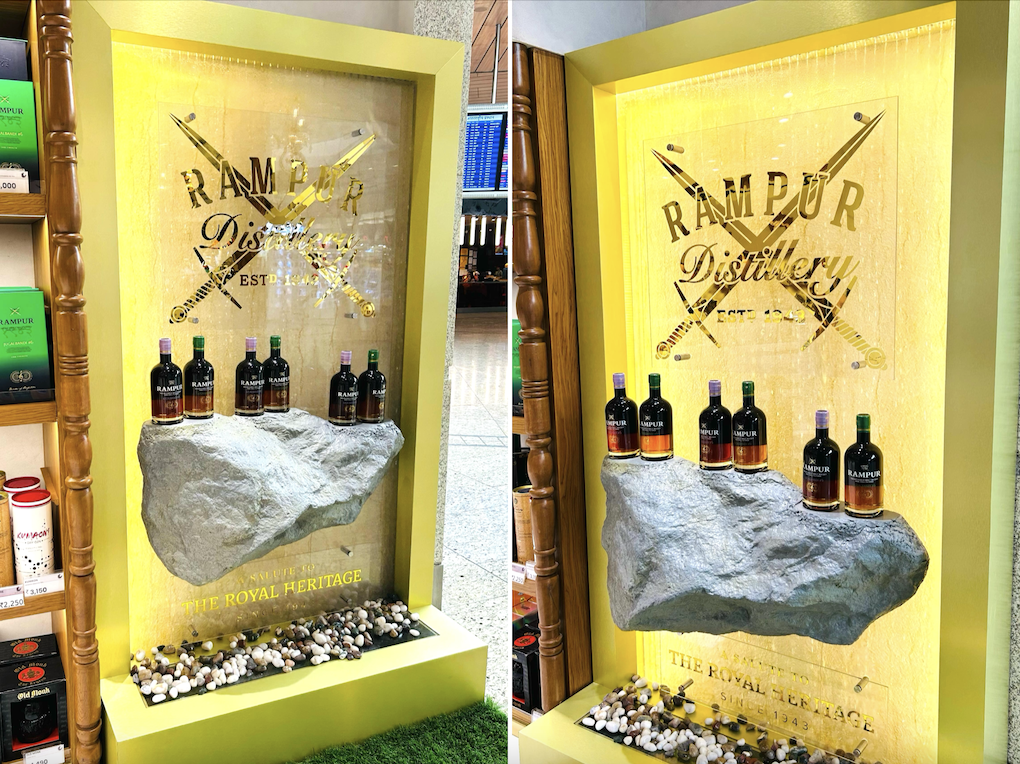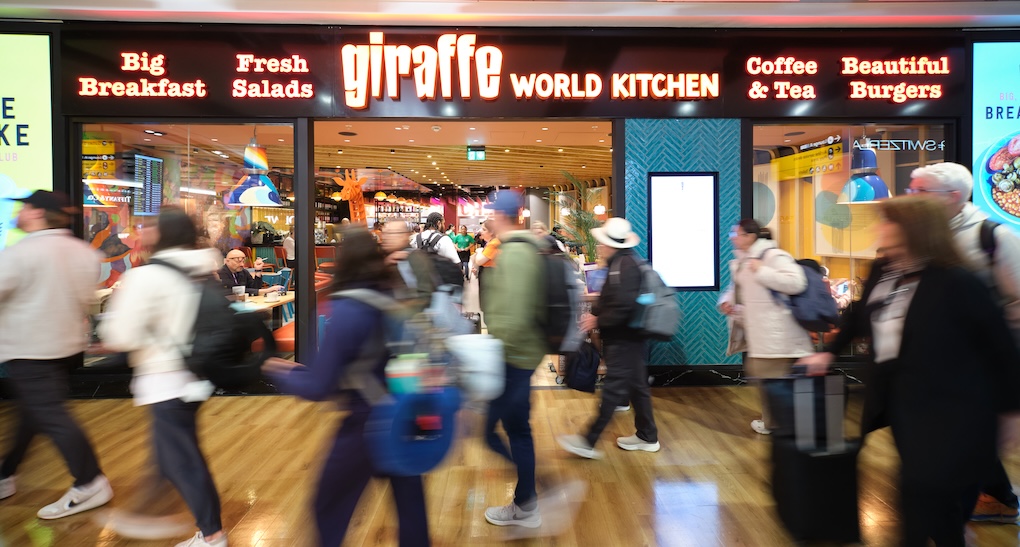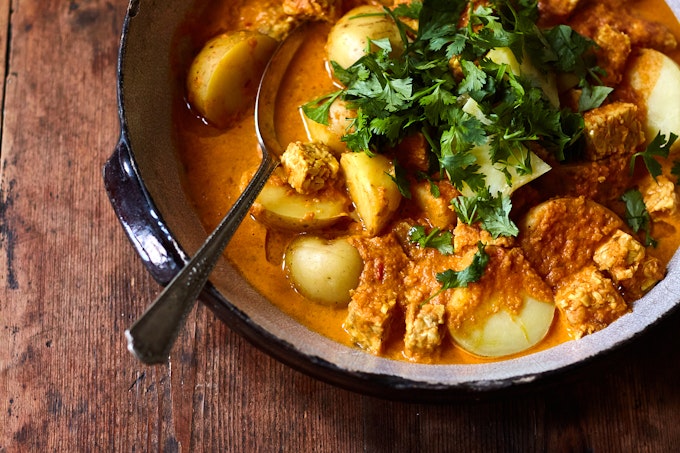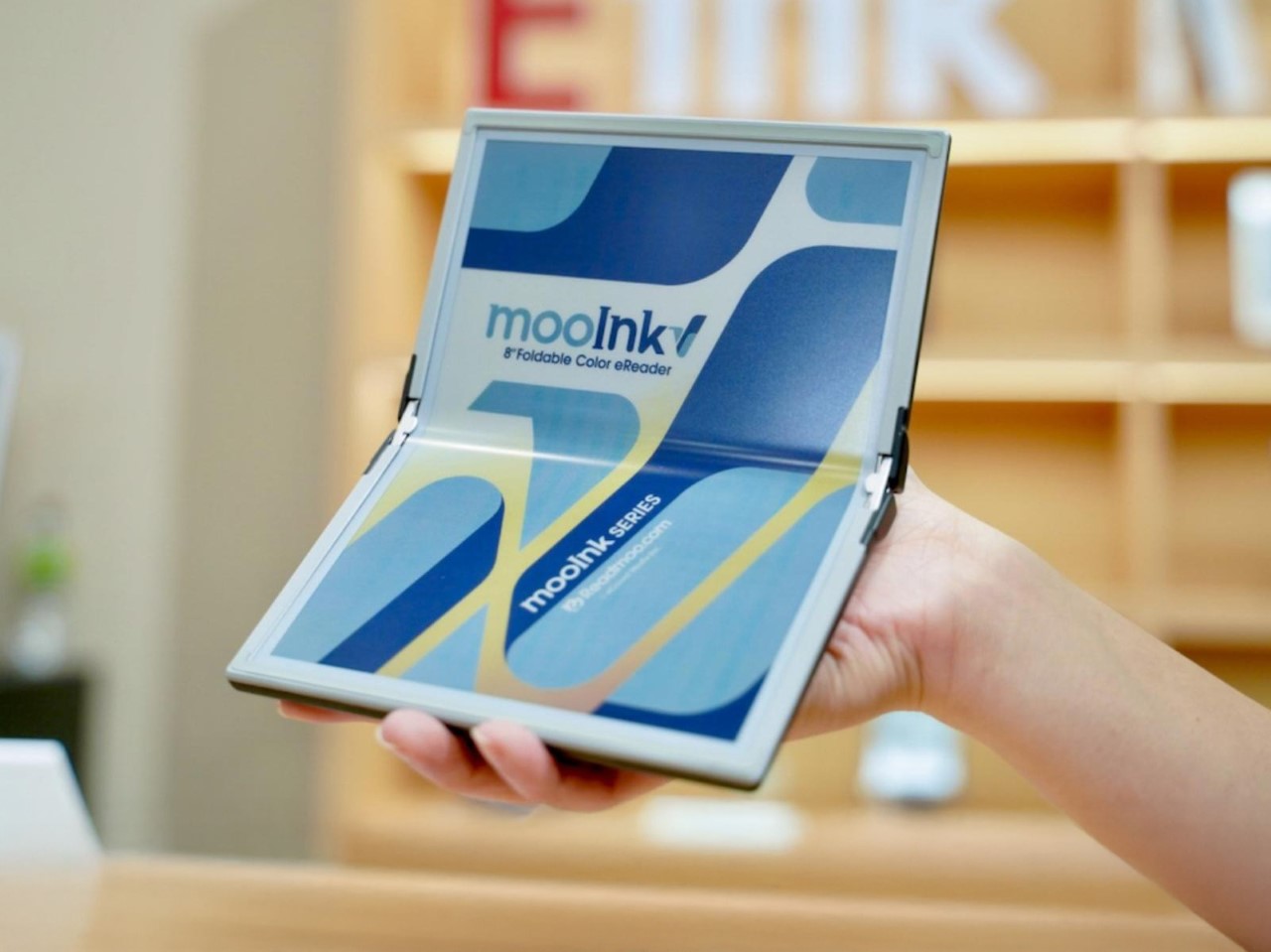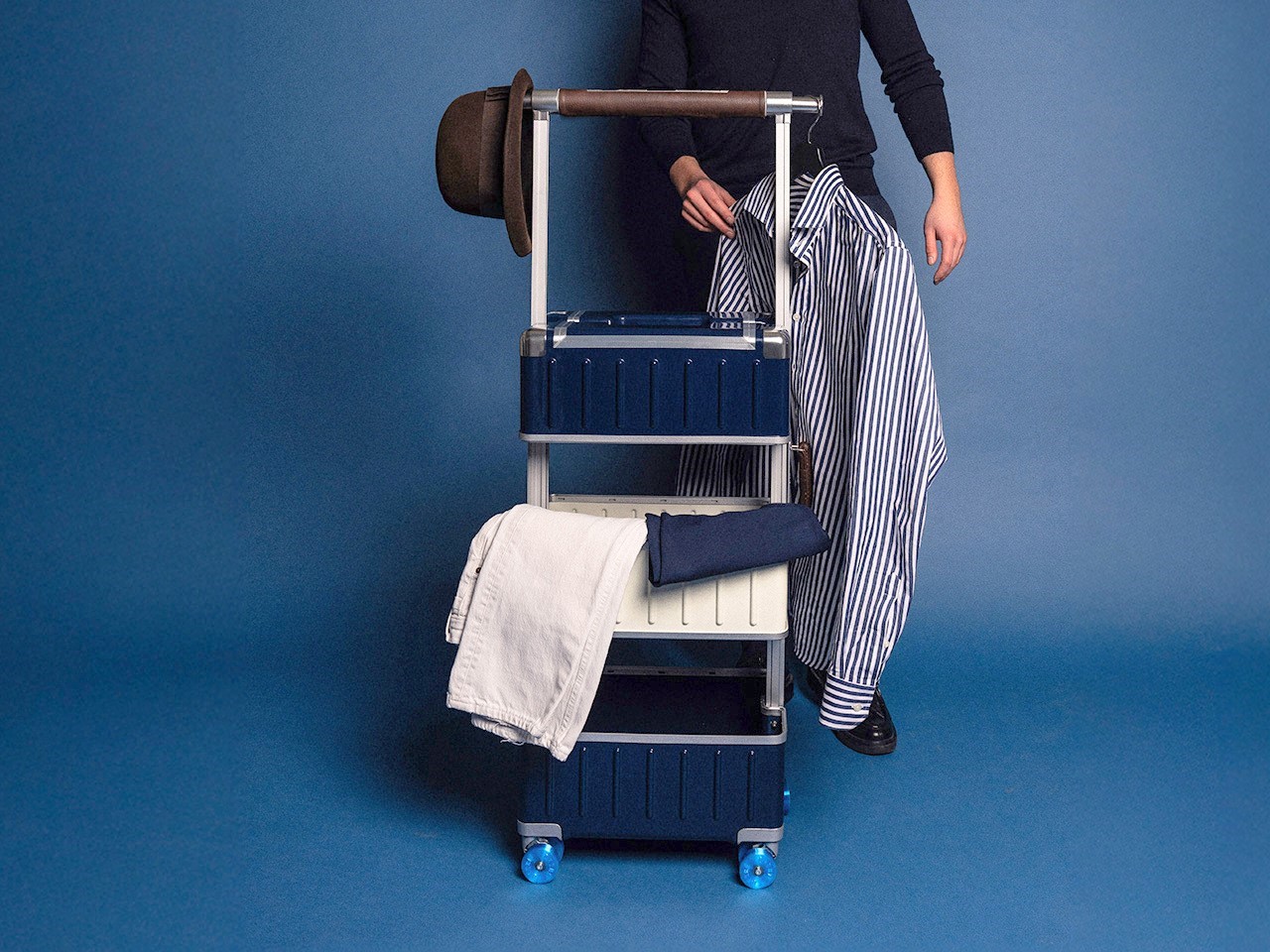Travel retail holds its breath amid Trump about-turn on tariffs and escalating Chinese row
“For the luxury sector, the trade war between the US and China, and the consequent impact on the Chinese economy, is likely to further dampen the sentiment of the Chinese customers with respect to spending on travel retail,” says Dubai Duty Free Managing Director Ramesh Cidambi.
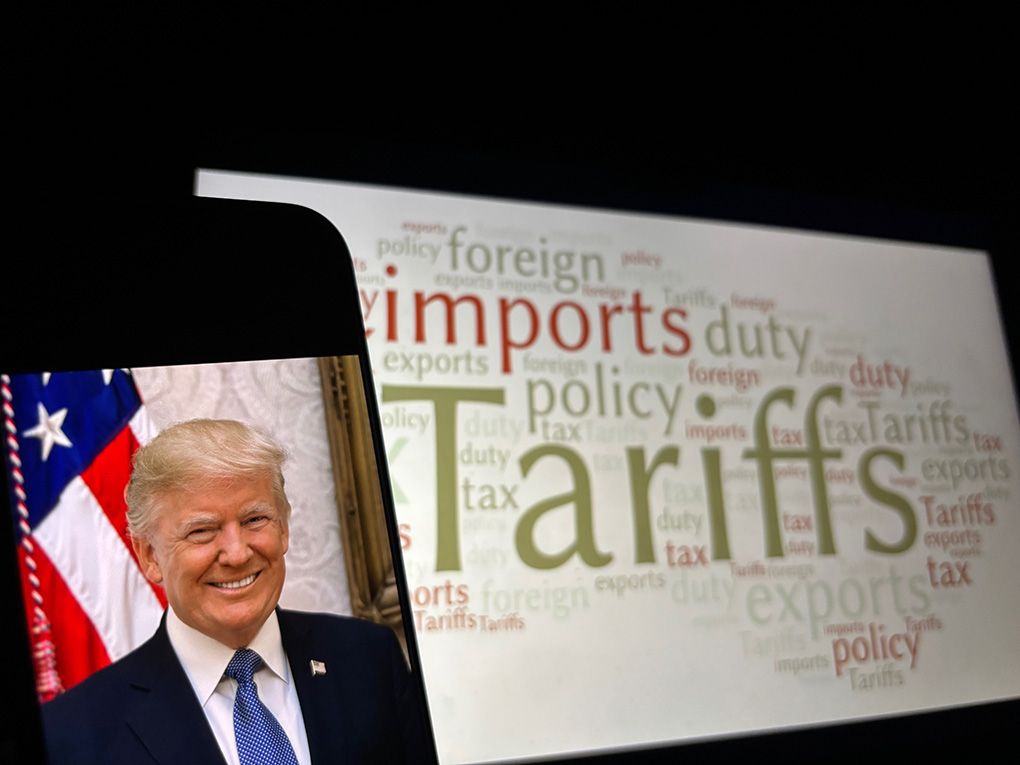
INTERNATIONAL. Travel retail stakeholders remain deeply concerned about the trade war between the US and myriad trade partners, despite yesterday’s 90-day pause announced by American President Donald Trump for most countries hit by higher US tariffs.
The glaring exception to the pause is China, with Trump increasing tariffs on Chinese goods entering the US to 125% in response to a supposed “lack of respect” show by China’s retaliatory 84% tariffs.
While the financial markets have bounced back following Trump’s unexpected U-turn yesterday, the escalating row between the US and China, and pervading uncertainty over what the President might do next have many travel retail players anxious about prospects in an already troubled global channel.
In principle a tax hike of any kind usually benefits the duty-free and tax-free sectors as it widens the differential and therefore boosts the saving. But the sheer scope of this extraordinary global showdown has many in our industry worried.
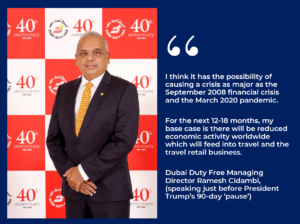
The Moodie Davitt Report has spoken to a variety of sector stakeholders about the situation. Some asked to remain anonymous due to the dual sensitivity and unpredictability of the situation. Others declined to comment for similar reasons.
Speaking just before Trump announced the 90-day pause, Dubai Duty Free Managing Director Ramesh Cidambi told us: “I am mainly concerned about the increased chances of a recession in the United States (as some of the indicators had already started softening before April 4th including domestic travel).
“That is due to the possibility of both businesses and consumers holding back on spending due to the extraordinary uncertainty about the tariff rates and their implementation (as seen by the financial market reactions in the last few days).
“Even if the US Administration is able to simultaneously conduct trade negotiations with 60+ countries, the nature of these discussions is such that they are time consuming and thus increasing the period of uncertainty for trading partners.

“There is also a significantly greater chance of the economic downturn spreading to other countries (mainly in Europe and in the Far East with a significant impact on China and other high-tariff nations) and a recession in major regions of the world with increased possibility of a bear market in stocks (that then causes spending to drop due to the wealth effect).”
He added, “For the luxury sector, the trade war between the US and China, and the consequent impact on the Chinese economy, is likely to further dampen the sentiment of the Chinese customers with respect to spending on travel retail.
“It will also increase the gap between the recovery in Chinese passengers numbers and their spend. This makes Chinese spends recovering to pre-Covid levels even less likely.”
Cidambi concluded on a sombre note, saying [before the 90-day pause], “I think it has the possibility of causing a crisis as major as the September 2008 financial crisis and the March 2020 pandemic. For the next 12-18 months, my base case is that there will be reduced economic activity worldwide which will feed into travel and the travel retail business.” [More from Cidambi follows below]
Lagardère Travel Retail Chairman & CEO Dag Rasmussen, again speaking just before the 90-day pause, told The Moodie Davitt Report, “Globally, even though the tariffs may have a marginally favourable impact on the relative pricing of duty-free sales, the market will be hurt by decreasing consumer confidence and pressure on GDP.
“And as we all know, this has a stronger impact on our activity.”

Then there is the question of what happens to American products in China. More than 30 US beauty labels and multiple liquor products enjoy varying degrees of prominence in Chinese travel retail and any home-produced product will be affected domestically by the 84% local market tariff.
Some leading beauty brands enjoy multiple manufacturing bases around the world, which would offer a route around the punitive levy. But there is widespread anxiety over mounting anti-American sentiment and how that could play out in consumer consumption terms in both local and travel retail markets.
“The only certainty is this uncertainty,” one leading travel retailer noted.
The uncertainty doesn’t just apply to Trump’s policy – and mood – swings but according to multiple sources how and when various tariffs will be applied and what knock-on impact this will have on production, logistics, shipping, pricing and more.
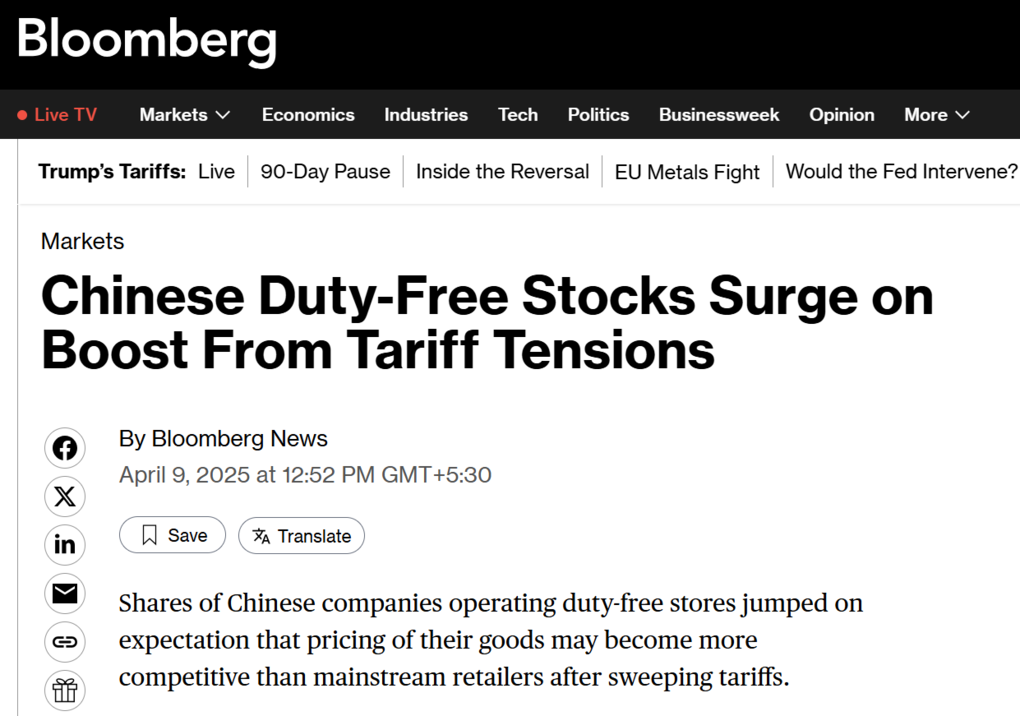
Dubai Duty Free’s Cidambi cited particular concern over the liquor category due to the possibility that the tariffs (if reintroduced after 90 days on top of the 10% universal levy) could push leading non-US suppliers to dump their products in other markets if their sales in America tank.
“For many of the large liquor suppliers, the US accounts for 20% or more of their business, and the excess liquid has to go somewhere else,” he said.
“That increases the chances that it will find its way to Middle East through the gray market and further depress prices or make travel retailers in airports less competitive.” 


